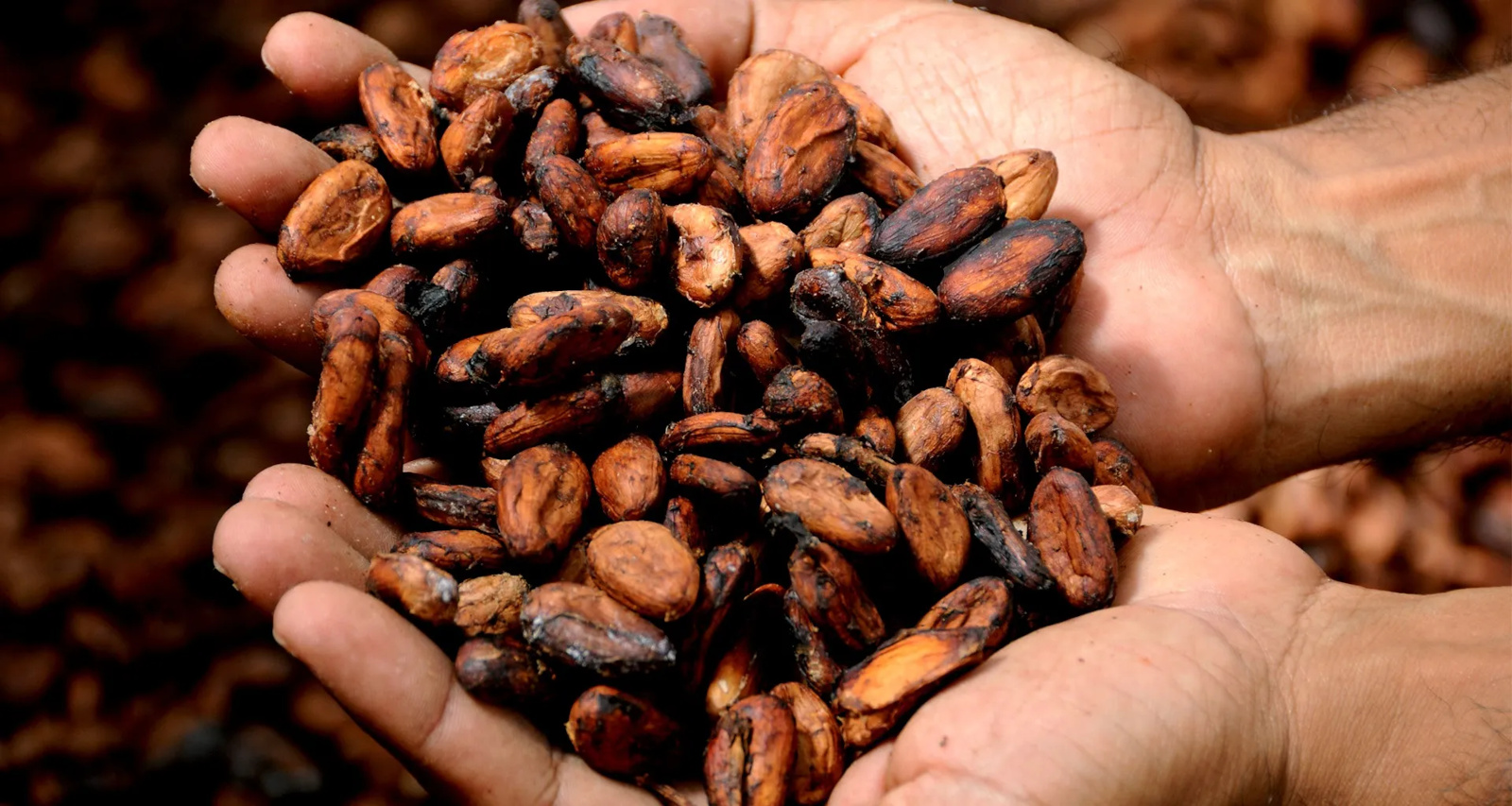
Fecha: 30 de marzo de 2023.
Hora: 12:00 a 13:00.
Lugar: Aula A22 de la Facultad de Ciencias.
Ponente: Prof. Camila Palla (Universidad Nacional del Sur, Conicet, Argentina).
Organiza el Grupo de Física de Fluidos y Biocoloides del Departamento de Física Aplicada de la UGR.
Resumen: Three-dimensional (3D) printing, also known as additive manufacturing, is the process of creating a 3D object, usually by placing thin layers of material in succession, using digital data and under the control of computer software. Several different techniques are available for 3D printing that allows users to produce 3D structures that may not have been achievable with conventional manufacturing techniques. In addition, 3D printed objects can be highly customized through their design and the use of different printing materials and printing process parameters.
These advantages have led to rapid progress in the application of 3D printing in various fields, such as mechanical engineering, medicine, construction, and aerospace. In particular, 3D printing technology presents an enormous potential for use in the food field since it enables personalized and complex-shaped designs, generates new sensory properties, offers personalized nutrition, simplifies the supply chain, and enables the use of non-conventional food materials, among others. In fact, the development of 3D printed nutraceuticals and functional foods for different sectors of the population represents one of the most interesting objectives within this field. This lecture presents: i) existing 3D food printing technologies, focusing on the extrusion technique, which is the most widely used in 3D food printing; ii) early attempts to develop 3D printed foods with nutrient-rich ingredients, probiotics, and bioactive compounds, customized formulations to prevent health diseases, and products with new textures for people with dysphagia; and iii) current challenges, opportunities, and prospects of this new food production method.




